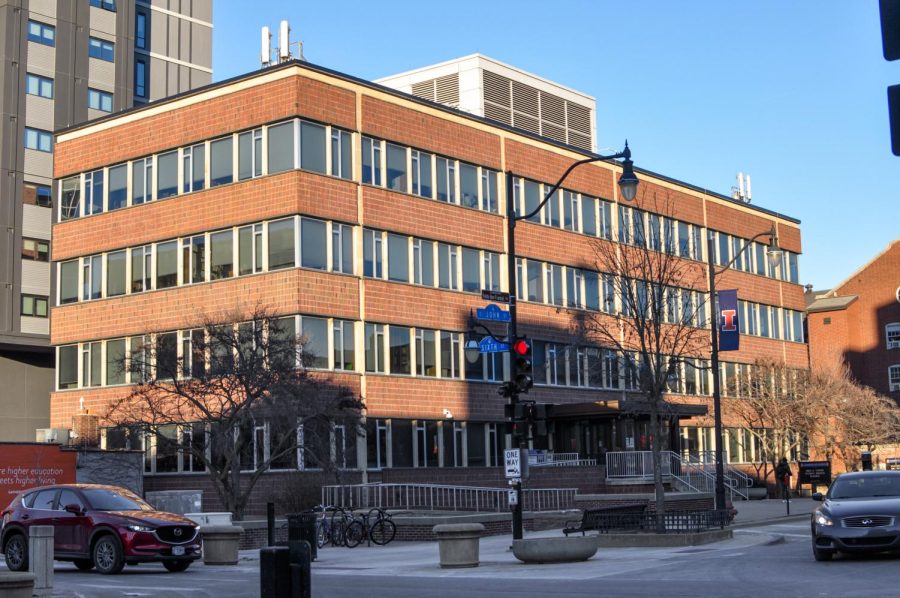COVID-19 increases students’ need for mental help
The university’s counseling center, located on John street, provides counseling and therapy sessions. The center and other resources are aiding students as the COVID-19 surge impacts students’ mental health.
January 27, 2022
Due to changing routines and the winter blues, this time of year can be difficult for students to feel mentally healthy, especially considering the current COVID-19 surge.
Students can seek mental help if they feel that they are struggling or in the need of emotional support. There are a variety of ways that students can receive mental help both on and off campus.
Relating to COVID-19, the University Department of Psychology has created a guide to help students with struggles they may be facing regarding the pandemic. The guide includes hotlines for immediate help, informational and therapy resources and more.
The guide also includes methods of self-care for students to implement during this stressful time.
The Department of Psychology recommends students to stay updated and informed on COVID-19 news as well as additional resources that the University offers.
Get The Daily Illini in your inbox!
All students have access to the University Counseling Center, which is a mental health clinic that provides individual counseling, group therapy, referrals to private therapy and skill building programs.
Nichole Evans, the media communications coordinator at the Counseling Center, explains the importance of seeking mental help.
“I would encourage anybody who has any concerns to at least reach out,” Evans said. “The Counseling Center is a good place to start. We can look at your specific needs and consider them and help you come up with a plan.”
If students seek short-term help, they can make an appointment for individual counseling with one of the center’s licensed counselors. If they need assistance for longer than a semester, students can attend group therapy for as long as they need or receive a referral from a counselor.
The Counseling Center also offers skill building programs, a series that Evans describes as one of the most helpful programs for University students.
These skill building programs are mini courses that help students build skills to cope with stress and academics. Students can work on time management, overcoming perfectionism, test anxiety, focusing better and more.
Evans emphasized that getting mental help, especially at the Counseling Center, isn’t as difficult as it’s perceived as; last year, over 90% of students were able to get an appointment at the center within three days.
University students can also receive mental help from McKinley Health Center. McKinley provides short term individual psychotherapy up to a few sessions, and students can access a McKinley psychiatrist only by referral. McKinley psychiatrists can prescribe and adjust medication for students.
Students can also look to mental health-based RSO’s for mental help and self-care.
MannMukti is a non-profit organization at the University that focuses on and destigmatizes mental health within the South Asian community as well as provides resources and a safe space for those in need.
MannMukti members make connections and advocate for a meaningful cause. Dhruv Tyagi, junior in Engineering, is the current president of MannMukti UIUC.
Tyagi explained that mental health care and resources are especially unequal in the BIPOC population, and the organization takes a South Asian focus for a variety of factors.
“Mental health is a taboo topic in the South Asian community where a large portion of the beliefs surrounding the issue are outdated and prejudiced,” Tyagi said.
Tyagi encourages all students to seek mental help if necessary. Due to the pandemic, it’s important to shed light on these mental health groups in order to assist students in finding helpful resources.
“The mental health crisis is an alarming reminder to our generation to actively think about and advocate for mental health equity,” Tyagi said. “It is imperative that not only students but also professors, the college administration and everyone affiliated with the University recognize the need to prioritize mental health support and care.”







